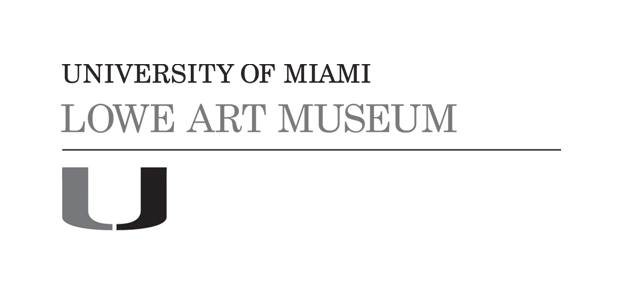Divination Board Tapper (Iroke Ifa)
Artist/Maker
Nigeria, Yoruba people
Datecollected between 1960-1973
CultureYoruba
Mediumwood
DimensionsOverall (Tapper): 9 5/8 × 1 1/8 in. (24.4 × 2.9 cm)
ClassificationsTools and Equipment
Credit LineGift of Professor and Mrs. Robert R. Ferens
Terms
Object number91.0091B
On View
On viewCollections













